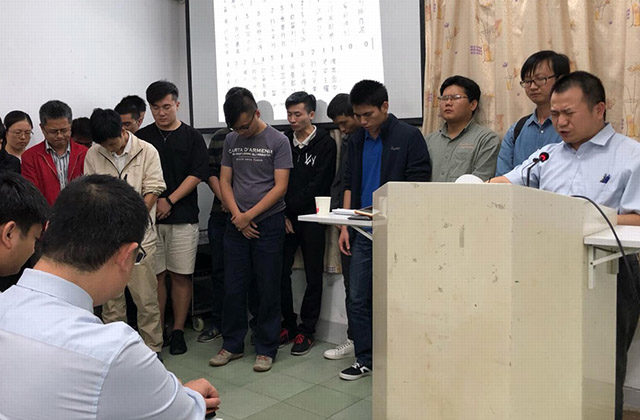
China’s Shandong province and others tighten ban on live broadcasts as well as releases of Christian preaching online. COURTESY PHOTO. (Illustrative).
Officials in China have issued fresh notices prohibiting Christians in various provinces from using the internet to broadcast sermons in both audio and video format.
According to China Aid, the notices encouraged enforcement agents in China’s Shandong province and others to adhere to the unified instructions of the United Front Work Department’s provincial and municipal party committees—and regulate the security of internet public opinion in the Christian sector; prohibit all publication and spread of preaching videos/audios in the post-pandemic period, to prevent illegal missionary activities on the internet to be exploited.
Moving on, notices regarding the management of “religious venues” alerted the sub-departments of every district’s Three-Self Patriotic Movement groups to abide by the relevant requirements of the “Regulations on Religious Affairs.”
In September 2018, China’s State Administration of Religious Affairs issued the draft for “Measures for the Administration of Internet Information Services,” stipulating that:
“…no organizations nor individuals are permitted to [produce] live broadcasts by means of texts, pictures, audios and videos on the internet, etc., including writing religious texts, worship services, mass, baptisms, and religious activities.”
After the release of the 2018 draft, chat rooms and other internet platforms reportedly received warnings about using sensitive words such as “Amen” and “Jesus.”
Years back, in a bid to regulate Churches, the Chinese government made it essential for all religious groups to register, though many still worship in unofficial churches, sometimes called underground or house churches.
Officials in the current regime believe Christianity, which by some estimates is China’s fastest-growing religion, promotes western values and ideals like human rights that conflict with the aims of China’s authoritarian government and President Xi Jinping’s embrace of traditional Chinese culture.

